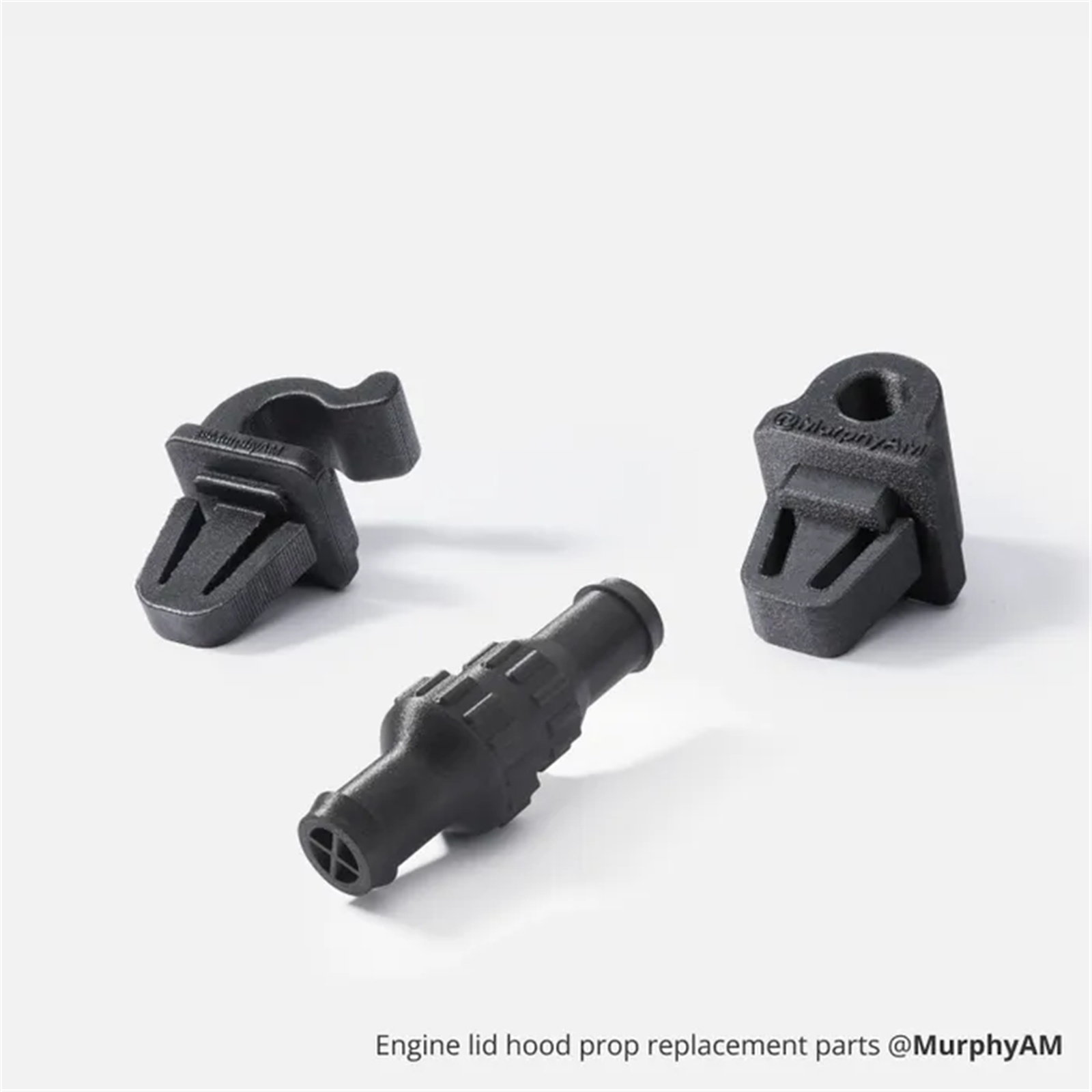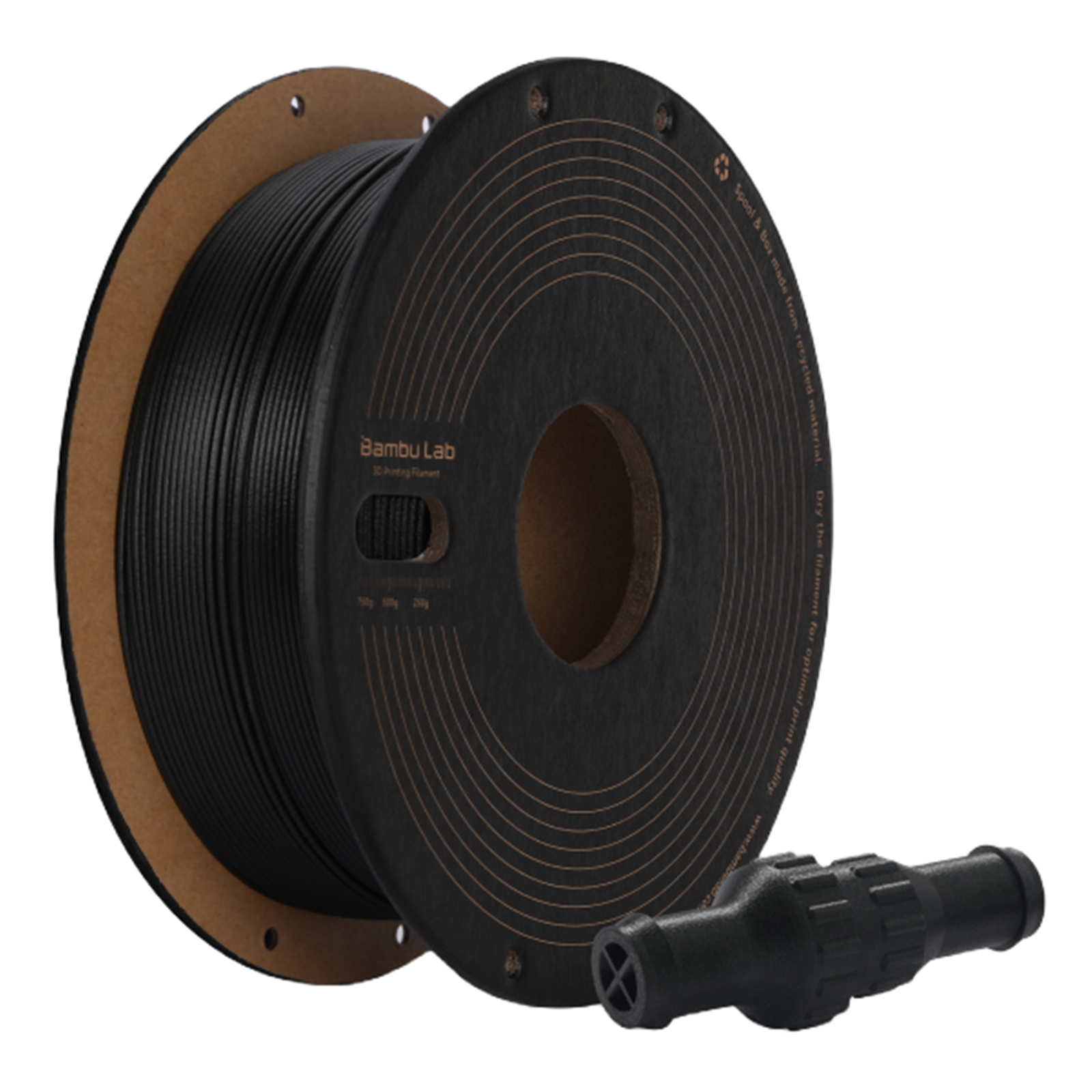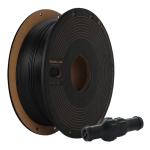Bambu Lab PPS-CF Filament - Black
0.75kg - 1.75mm - Top-Tier Flame Retardancy - Ultra-High Heat Resistance - 76100
Bambu Lab PPS-CF Filament - Black
0.75kg - 1.75mm - Top-Tier Flame Retardancy - Ultra-High Heat Resistance - 76100
- Brand: Bambu Lab
- MPN: T02-K0-1.75-750-SPL
- Part #: INKBAM0007
- UPC:
- Brand: Bambu Lab
- MPN: T02-K0-1.75-750-SPL
- Part #: INKBAM0007
- UPC:
Looking for a bargain? Shop Ex-demo stock for this item
Features
Specifications
Reviews
Delivery & Pick-up
Returns & Warranty
Popular 3D Printer Filament & Resins
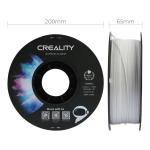
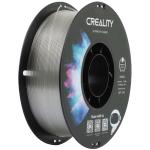
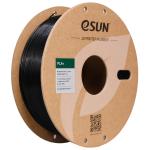
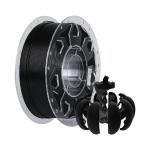
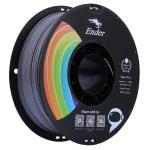
Bambu Lab PPS-CF Filament - Black 0.75kg - 1.75mm - Top-Tier Flame Retardancy - Ultra-High Heat Resistance - 76100
- Brand: Bambu Lab
- MPN: T02-K0-1.75-750-SPL
- Part #: INKBAM0007
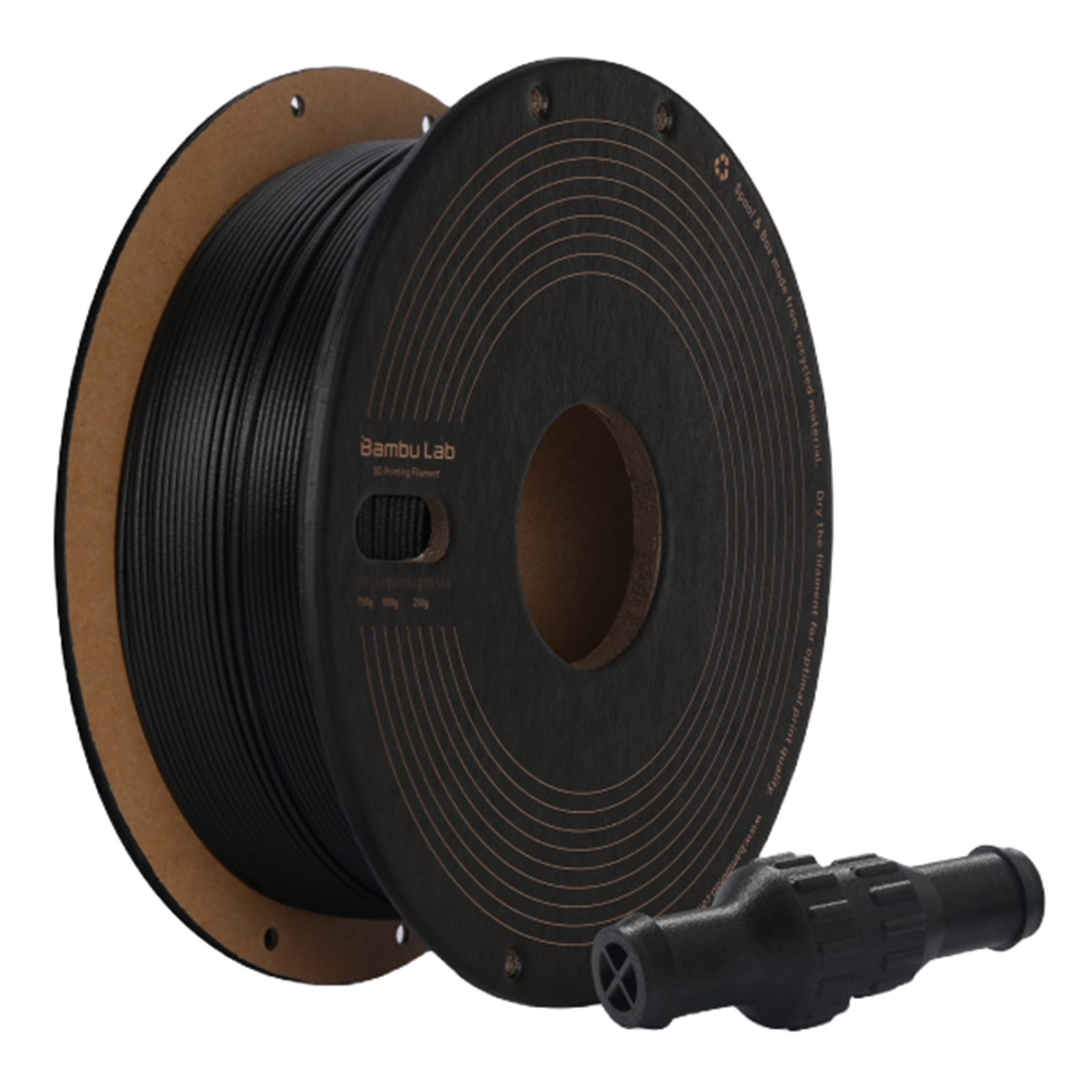
Product URL: https://www.pbtech.com/product/INKBAM0007/Bambu-Lab-PPS-CF-Filament---Black-075kg---175mm
Features
Downloads: Filaments TDS
Product Features:
- Ultra-High Heat Resistance
- Top-tier Flame Retardancy
- Peerless Mechanical Properties
- Solvent and Chemical Resistance
- Ultra-Low Water Absorption
- Comes with Cardboard Spool
- Diameter: 1.75 mm +/- 0.05 mm
Cautions for Use:
- For X1E Printing Only
- 0.2 mm Nozzle NOT Compatible
- Stainless Steel Nozzle NOT Recommended
- AMS & AMS lite NOT Compatible
- MUST Be Dried before Use to Achieve Optimal Print Quality
Bambu PPS-CF
PPS-CF is a composite material made from carbon fiber-reinforced polyphenylene sulfide. The combination of PPS resin and carbon fiber gives PPS-CF exceptional properties, including excellent resistance to solvents, corrosion, heat, and flames. Additionally, it offers superior strength, stiffness, and dimensional stability, making it a specialized engineering plastic that meets the demands of unique and challenging applications.

Ultra-High Heat Resistance
PPS-CF boasts a heat deflection temperature of up to 264°C under 0.45 MPa and can continuously operate at temperatures exceeding 200°C. This significantly outperforms normal PA-CF materials, which have maximum temperatures around 190°C and 120°C. Its exceptional heat resistance ensures outstanding creep resistance, making PPS-CF ideal for demanding industrial environments and applications.

Unmatched Mechanical Properties
Combining the stiffness of PPS polymers with the reinforcing power of carbon fiber, PPS-CF offers exceptional stiffness, bending strength, and tensile strength. Its superior dimensional stability and resistance to warping ensure that large-scale prints maintain precision and avoid deformation during the printing process, making it perfect for high-precision applications.

Accessory Compatibility

Solvent and Chemical Resistance
PPS-CF offers outstanding solvent and chemical resistance, second only to PTFE (Teflon). It remains virtually insoluble in any solvent below 200°C and exhibits exceptional resistance to acids, bases, and salts under normal conditions. This makes PPS-CF the ideal choice for challenging environments where chemical stability is critical.
Ultra-Low Water Absorption
With an extremely low moisture absorption rate of just 0.05%, PPS-CF ensures that its mechanical and thermal properties remain stable even in humid conditions. Unlike normal PA-CF, which can soften and degrade when exposed to moisture, PPS-CF maintains its strength and durability, making it the superior option for applications requiring high moisture resistance.

Learn more different filaments comparison on Bambu Filament Guide >>

Storage Tips
Storage Condition: To prevent the filament from absorbing moisture, use an airtight storage container with desiccant during printing.
Bambu PPS-CF Printing Guidelines
- Nozzle Temperature: Recommended range is 310 to 340°C.
- Chamber Temperature: Recommended range is 60 to 90°C.
- Tip: Using higher values within these ranges can enhance the mechanical properties of the printed parts, especially in the Z-direction.
Drying Recommendations:
Drying Temperature:
- In a blast drying oven: 100°C to 140°C for 8 to 12 hours.
- On an X1 printer's heatbed: 110°C to 120°C for 10 to 12 hours (less effective than a blast drying oven).
Important Note: Higher temperatures within the drying range yield better results, but do not exceed 160°C to avoid damaging the spool.
Additional Information: For more details, refer to Printing tips for Engineering materials on WIKI.
Storage Tips
Storage Condition: To prevent the filament from absorbing moisture, use an airtight storage container with desiccant during printing. For Further Details: Please refer to Printing tips for Engineering materials on WIKI.Annealing Prints:
If you need to anneal the prints, please refer to the Technical Data Sheet (TDS) and the WIKI section Work After Printing Finished.

Specifications
Recommended Printing Setting
Drying Settings before Printing
100 - 140 °C, 8 - 12 h
Printing and Keeping Container's Humidity
< 20% RH (Sealed, with Desiccant)
Nozzle Temperature
310 - 340 °C
Bed Temperature (with Glue)
100 - 120 °C
Printing Speed
< 100 mm/s
Physical Properties
Density
1.26 g/cm³
Vicat Softening Temperature
268 °C
Heat Deflection Temperature
264 °C
Melting Temperature
284 °C
Melt Index
11.48 ± 1.23 g/10 min
Mechanical Properties
Tensile Strength
87 ± 5 MPa
Breaking Elongation Rate
1.2 ± 0.4 %
Bending Modulus
7160 ± 280 MPa
Bending Strength
142 ± 5 MPa
Impact Strength
27.8 ± 2.3 kJ/m²
